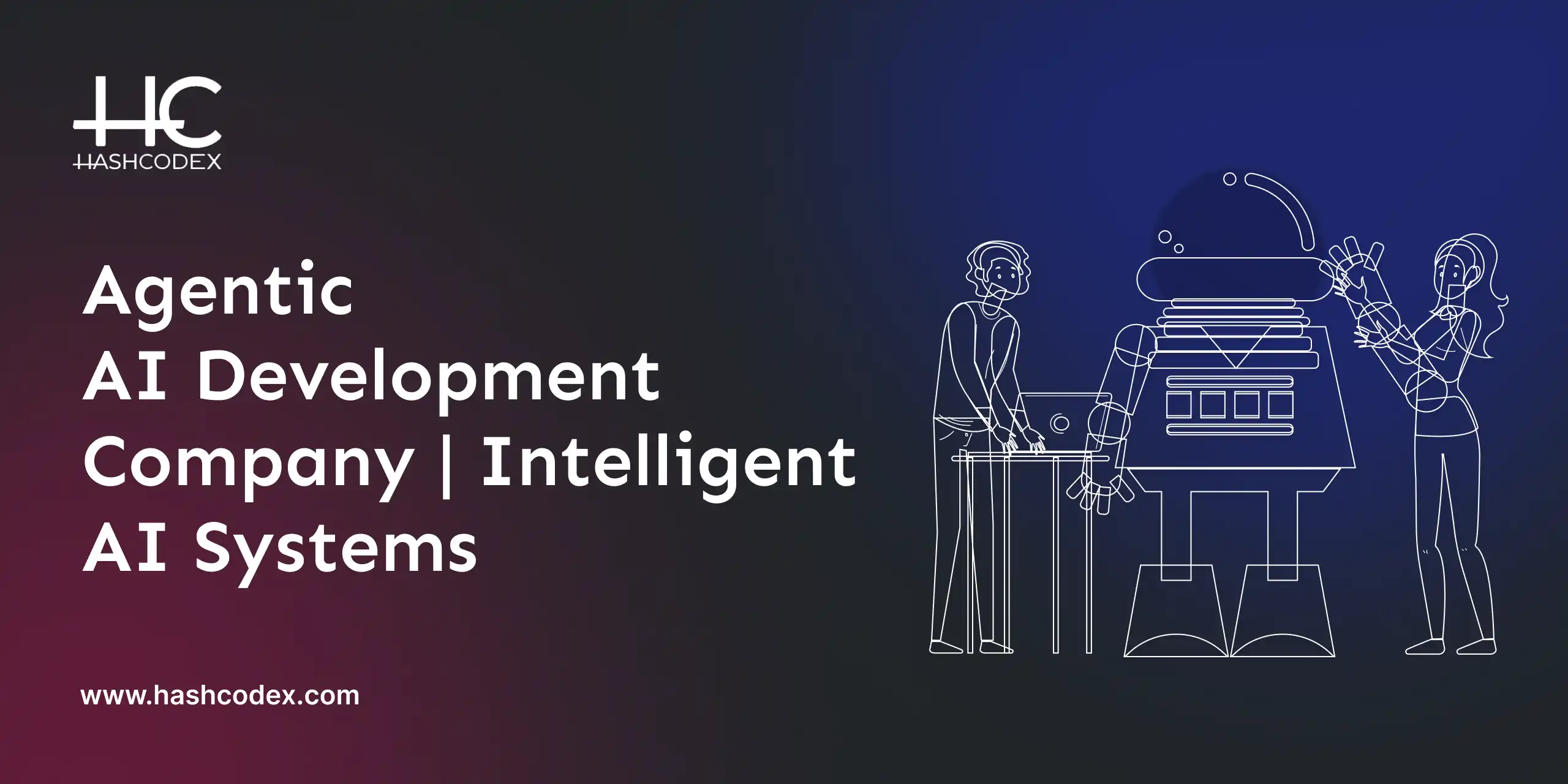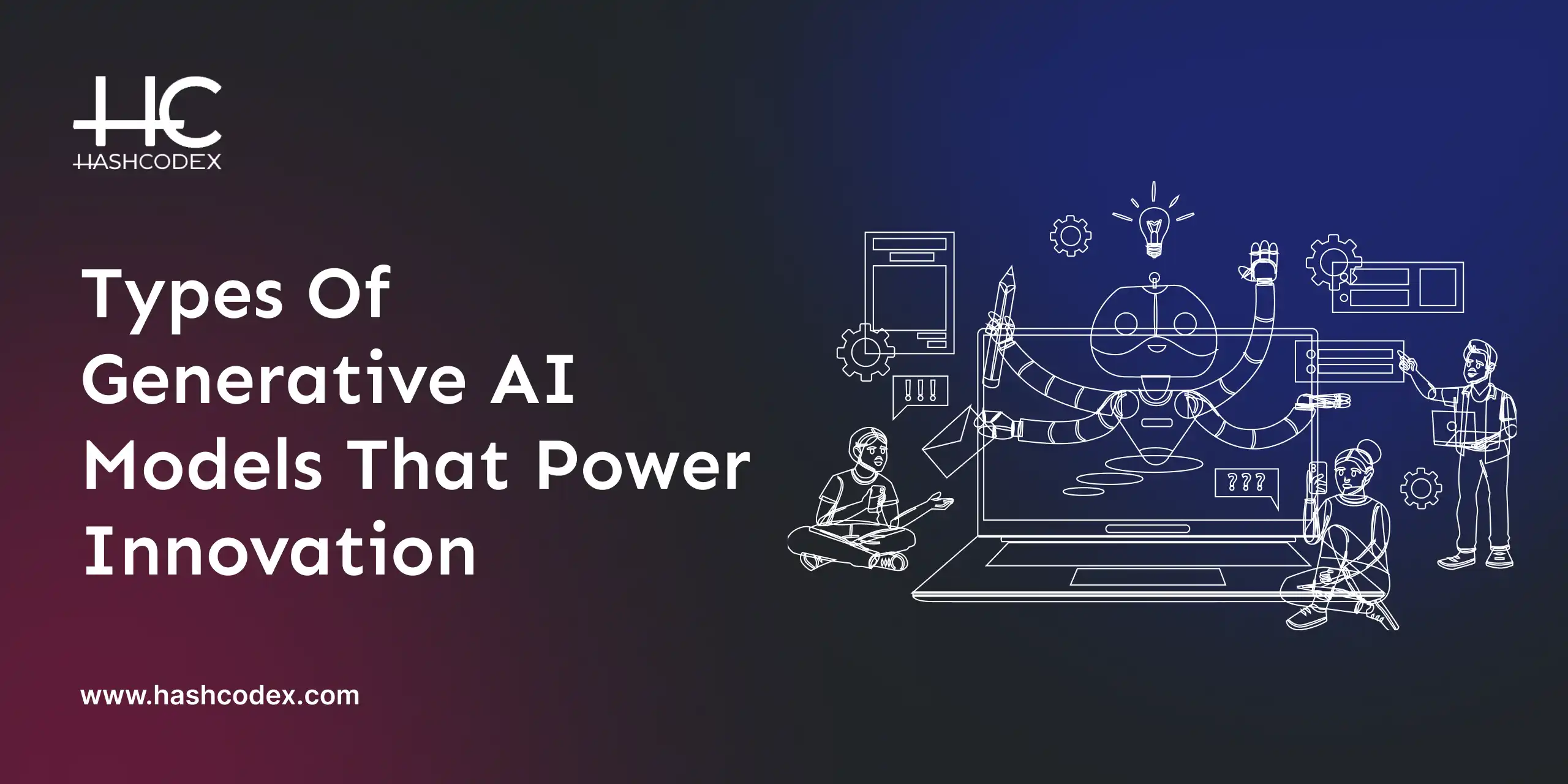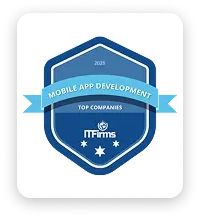If you are planning to start a business in 2026, one thing is very clear. You will hear one word everywhere. Generative AI.
But wait. What does it really mean for your company?
Let us explain in a simple way. Generative AI can create content like text, images, reports, and even ideas in just a few seconds.
Sounds interesting, right?
Now think about your team. They are busy with repeated work, slow decisions, and too much data to check every day. This is where AI comes in.
Here is the good part.
Generative AI can handle routine tasks, study large data quickly, create content, and even help you find new growth ideas.
And yes, your competitors are already using it. They are saving time, working faster, and making better decisions daily.
So what is next?
In this blog, we will show why generative AI is becoming a must for enterprises and how it solves real business problems in a practical way.
The Importance of Generative AI for Enterprises in 2026
Why is generative AI becoming so important for businesses today? One big reason is how fast the technology has improved. Early AI tools could only create simple text or basic images. Today, AI can do much more. It can design complex prototypes, write software code, analyze messy data, generate voice and video content, and even simulate entire customer experiences.
Another reason is the pressure from the market. Customers expect personalized experiences, products need to launch faster, and global competition is tougher than ever. Generative AI helps businesses innovate quickly while keeping costs under control.
According to a McKinsey survey in 2024, 65 percent of enterprises had already added at least one generative AI capability to their operations. Using AI can help your team come up with new ideas, improve customer experiences, and find better ways to grow while staying competitive in today’s fast moving market.
How Enterprises Are Using Generative AI?
These days, the conversation around business almost always includes generative AI. But what does it really mean for companies in practice? The truth is, it is quietly changing the way work gets done.
Think about product development. Instead of spending weeks making and testing prototypes, AI can design and test them in just a few hours. For example, a car company can see how a new feature might work without building an actual car.
Customer experience is also getting a major boost. AI can give personalized recommendations or even create virtual assistants with realistic voices, making every interaction feel human.
And it does not stop there. Decision-making gets faster because AI can analyze mountains of data and highlight trends or risks in minutes. Marketing teams are using AI to draft campaigns, test them, and tweak them automatically.
Generative AI is helping businesses work smarter, faster, and more creatively every day.
How Enterprises Are Successfully Integrating Generative AI?
Integrating generative AI is not just about adopting new technology it is about changing how a business works, innovates, and delivers value.
Spot Opportunities Where AI Adds Value
Start by identifying tasks where AI can really make a difference. This could be automating repetitive content creation, improving customer support, generating insights from complex data, or accelerating design and development. Focus on areas where AI saves time or adds creativity compared to traditional methods.
Choose the Right Tools for the Job
Different AI models are built for different tasks. Text generation, image creation, or coding assistance all require tools designed for those purposes. Think about whether open-source models or custom-trained solutions match your industry and goals.
Prepare Your Data
AI works best with high-quality data. Clean, structured, and relevant datasets help the model produce accurate and useful results. Make sure customer and business data is handled safely.
Start Small and Scale
Pilot projects let you test AI in a controlled environment. This helps evaluate results, collect feedback, and improve implementation before expanding across the organization.
Make It Part of Daily Workflows
Connect AI to existing systems like CRM, ERP, or content platforms so it fits naturally into how your teams work. This increases adoption and productivity.
Train Your Team
AI works best when employees understand it. Provide guidance and hands-on training so teams can use the tools confidently and responsibly.
Monitor and Improve Continuously
Track how AI impacts efficiency, costs, or customer experience. Refine models, expand use cases, or adjust strategies based on real results.
Stay Ethical and Compliant
Set up safeguards to prevent bias, ensure transparency, and follow data protection regulations. Responsible AI builds trust and long-term value.
New plans. New projects. New results. Or just another scroll
session. You choose the story.
Key Benefits of Generative AI for Enterprises
So what makes generative AI worth the investment? Here are some of the biggest benefits enterprises are reporting:
Improved Productivity
Generative AI can take care of repetitive tasks like writing emails, creating reports, or even generating basic code. For example, a software company lets AI handle initial code templates, so developers can focus on more challenging and creative work.
Lower Costs
Doing routine work with AI saves time and money. A marketing agency, for instance, uses AI to draft ad copy and social media posts, cutting down the hours their team would usually spend on content.
Faster Innovation
AI can test ideas and simulate prototypes much quicker than traditional methods. A car manufacturer recently used AI to virtually try out new vehicle designs, reducing development time by weeks.
Better Personalization
Retailers are using AI to make shopping feel personal. From product suggestions to custom videos, customers get experiences that feel tailored just for them.
Data-Driven Insights
AI can analyze huge amounts of information and highlight trends or risks. Financial firms use it to predict market changes and make smarter investment decisions.
Staying Competitive
Companies using AI early get a head start that is hard for others to catch up with. PwC estimates generative AI could add $15.7 trillion to the global economy by 2030, mostly from businesses innovating faster with AI.
Industry-Specific Applications of Generative AI
Generative AI is not a one-size-fits-all tool. Different industries are using it in ways that fit their specific challenges and goals.
Healthcare
AI is helping doctors analyze complex patient data, identify potential treatments, and accelerate drug discovery. For example, AI systems can simulate how molecules interact with the human body, reducing the time it takes to develop new drugs from years to months.
Finance
Banks and financial institutions are using AI to spot fraud faster, automate compliance reports, and offer personalized financial planning. AI-generated summaries of market trends also help analysts make more accurate predictions.
Retail and E-commerce
Generative AI is powering personalized shopping experiences. From writing unique product descriptions to generating targeted marketing campaigns, retailers are seeing higher conversion rates.
Manufacturing
AI is used to design production processes, optimize supply chains, and predict equipment failures before they happen. This prevents costly downtime and increases efficiency.
Media and Entertainment
From generating scripts and music to creating visual effects, AI is changing the way content is produced. Streaming platforms also rely on AI to generate highly personalized recommendations.
Enterprise Considerations Before Adopting Generative AI
Even though generative AI is exciting, businesses need to plan carefully before using it. Here are some important things to think about first.
Accuracy and Reliability
AI can produce outputs that seem correct but are actually wrong. For example, an AI-generated financial report or product recommendation with errors could lead to bad decisions if not checked carefully.
Integration with Existing Systems
Most businesses have complex software setups. Getting AI to work smoothly with CRM, marketing tools, and support platforms can be tricky. Without proper integration, AI insights may be incomplete or inconsistent.
Data Privacy
AI needs large amounts of data to work well, but sensitive customer or company information must be protected. Strong security policies and monitoring are essential to avoid leaks or regulatory problems.
Bias and Fairness
AI reflects the data it is trained on. If the input data is biased, the AI outputs can unintentionally favor certain groups. Enterprises need governance and checks to ensure fair and responsible use.
Employee Readiness
Teams must know how to use AI tools effectively. Training and support are crucial to make sure employees can trust and act on AI insights.
The Future of Generative AI in Enterprise Growth
Generative AI is already becoming a practical tool for businesses. Retailers are using it to suggest personalized products to shoppers, improving both sales and customer satisfaction. In healthcare, AI is helping scientists design and test potential drugs much faster than before. Marketing teams are also turning to AI to generate campaign ideas, create content drafts, and analyze customer responses in real time. These cases show that AI is no longer just a concept but a working part of daily business.
In the future, its role will expand even further. Manufacturers may use AI to design sustainable materials and reduce production costs. Financial companies could deliver personalized investment advice to millions of clients instantly. Customer service will also evolve, with AI handling routine issues while people focus on complex needs.
Enterprises that adopt generative AI early will not only save time and resources but also lead innovation in their industries.
Conclusion
Generative AI is becoming one of the biggest drivers of digital transformation in 2026. It is helping enterprises speed up product development, create more personalized customer experiences, and make smarter decisions using data. By reducing repetitive work and supporting creativity, it allows teams to focus on innovation and long-term growth.
Hashcodex, a leading generative AI development company, has deep expertise in creating AI solutions that solve real business challenges. The company builds tools that support automation, improve product design, enhance customer service, and generate insights that guide better strategies. Each solution is developed to fit naturally into business operations, making adoption simple and effective
For companies looking to stay competitive and drive long-term business growth, Hashcodex provides the right combination of technology and expertise to turn generative AI into real enterprise value.











